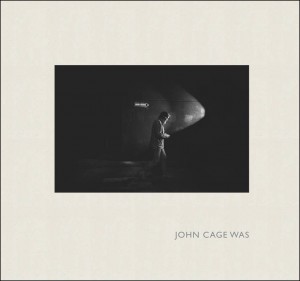This is late notice, but my son is supposedly on television tonight. His black metal band Liturgy is being used in the plot of the cop show The Blacklist, the episode featuring Peter Fonda as guest star. Fonda supposedly appears as a drummer in the band. No idea yet whether they’ll be on for 10 seconds or three minutes, but they filmed. I don’t have TV reception, so somebody please know what happened if you watch it. Thanks.
[UPDATE:] Well, somebody noticed, anyway.

